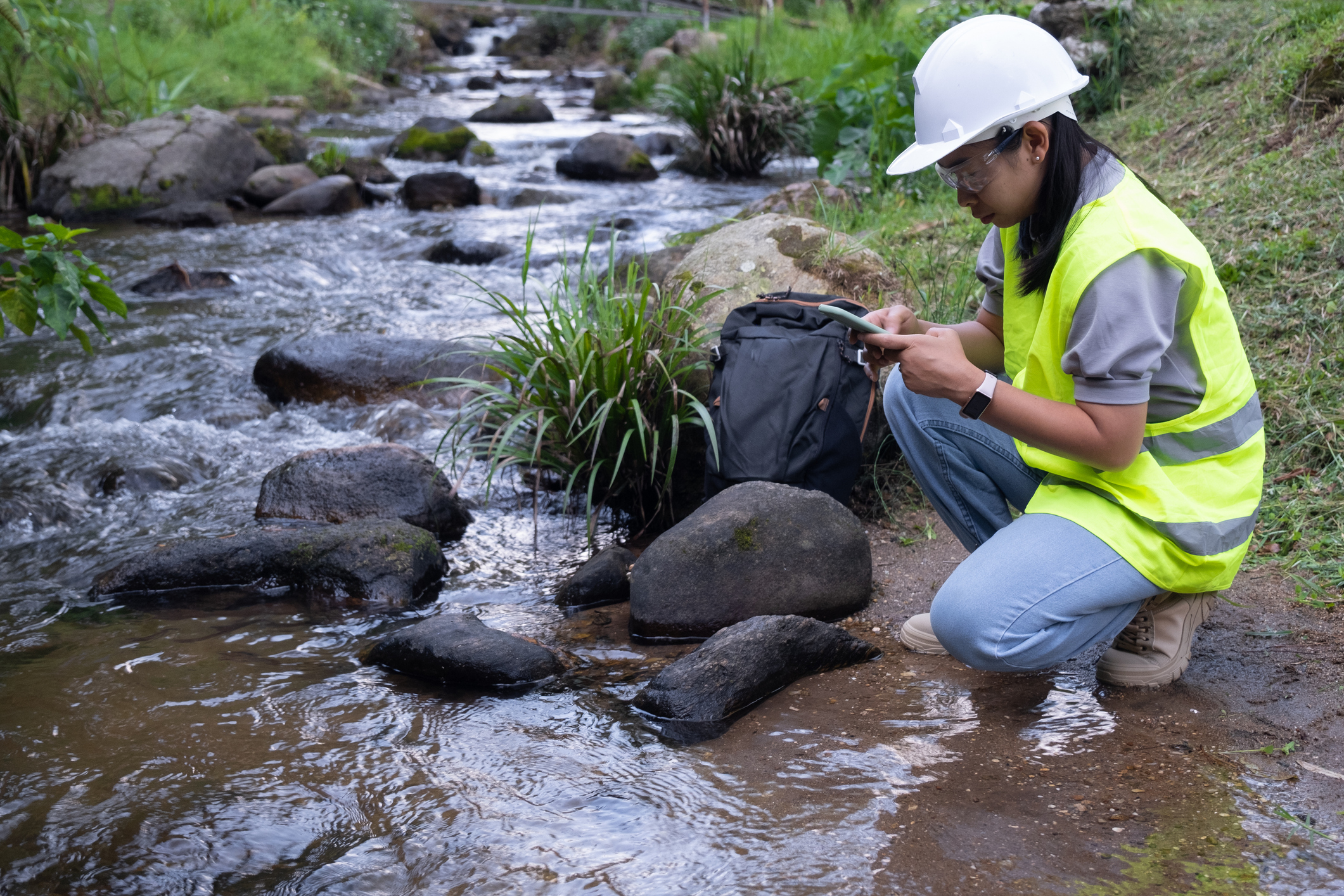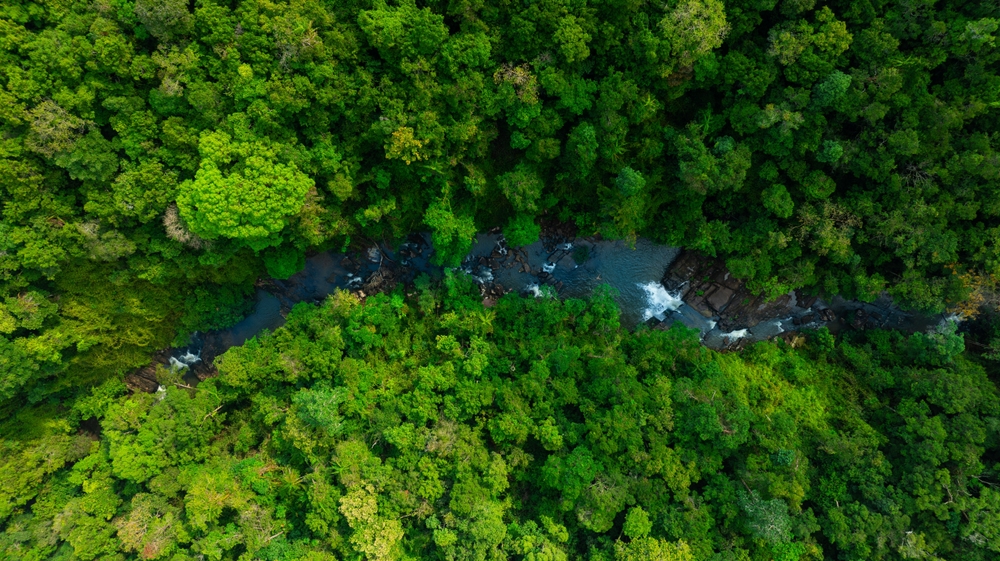Water: Essential for Life, Critical for Business — Why Companies Must Act Now
Read more

Water is essential for life—a simple truth we all know. But what’s equally critical and sometimes overlooked is that it is also essential for business. Water drives the global economy, from agriculture to energy, technology to manufacturing, making it a foundational element of corporate sustainability.

Yet, water resources are under severe threat. Over two billion people worldwide lack access to safe drinking water. By 2030, global demand will outstrip sustainable water supply by 40%. For businesses, this means rising operational risks, supply chain disruptions and escalating costs.
In response to this growing crisis, the UN Global Compact, through the CEO Water Mandate, is mobilizing companies worldwide to safeguard water for people, the planet and prosperity.

What Is the CEO Water Mandate?
The CEO Water Mandate is a UN Global Compact initiative that mobilizes business leaders to advance water stewardship. Launched in 2007 in partnership with the Pacific Institute, it is a unique platform that unites companies, governments and civil society organizations to commit to action on water and sanitation challenges.
Today, the CEO Water Mandate has become a global movement of more than 430 companies spanning diverse sectors and geographies. Together, they recognize that responsible water management is not only a moral imperative but also a business necessity.
The CEO Water Mandate aligns directly with the Forward Faster Water Resilience Target, which calls on companies to build water resilience across their value chains, operations and communities. It encourages companies to:
- Assess and disclose water risks.
- Set meaningful, context-based water targets.
- Implement water stewardship practices in supply chains and local basins.
- Collaborate with other stakeholders to scale impact.
Scaling Impact through the Water Resilience Coalition
In 2020, under the CEO Water Mandate, the Water Resilience Coalition was launched to accelerate collective action. The coalition unites leading global companies and aims to build long-term water resilience in 100 priority basins by 2030.
These 100 priority basins are among the most water-stressed and vulnerable regions on Earth. They are home to millions of people and vital ecosystems and are critical to the global economy.
How the UN Global Compact Is Advancing Water Progress
The UN Global Compact plays a pivotal role in advancing water security and resilience through several key actions:
- Driving Corporate Commitments through the CEO Water Mandate
By convening a network of over 438 companies, the CEO Water Mandate helps businesses align with international water stewardship standards, measure and disclose water risks and collaborate across sectors to address systemic challenges. - Mobilizing Collective Action via the Water Resilience Coalition
The Water Resilience Coalition enables companies to move beyond individual action and join forces to tackle water issues that no entity can solve alone.
Projects under the Coalition focus on replenishment, pollution reduction, and infrastructure improvement, delivering tangible benefits to communities and ecosystems. - Aligning Business Action with Global Goals
The UN Global Compact supports by aligning business goals with key global frameworks, including the Sustainable Development Goals (SDG 6: Clean Water and Sanitation) and climate resilience goals. The Forward Faster Water Resilience Target is a clear roadmap for companies to accelerate action and ensure their business models are future-proof in a water-scarce world. - Building Tools and Resources
The UN Global Compact and CEO Water Mandate offers guidance, tools, and knowledge-sharing platforms to help companies implement context-based water targets, engage in collective action, and monitor impact.
This is the time to act
Ignoring water risks is no longer an option. Water scarcity, pollution and climate-related water shocks already disrupt supply chains, increase operational costs, and threaten brand reputation. Companies that act now will mitigate these risks and seize opportunities for innovation, build trust with stakeholders and future-proof their operations.
Moreover, investing in water resilience drives broader societal and environmental benefits — supporting communities' access to clean water and sanitation, enhancing ecosystem health, and contributing to climate mitigation and adaptation efforts.

Join Us in Building Water Resilience
Water is essential for life and paramount to business. As we face a mounting global water crisis, leadership and collaboration from the private sector are critical. Through the CEO Water Mandate and Water Resilience Coalition, the UN Global Compact is empowering companies to turn commitments into action, drive systemic change and build resilience for generations to come.
